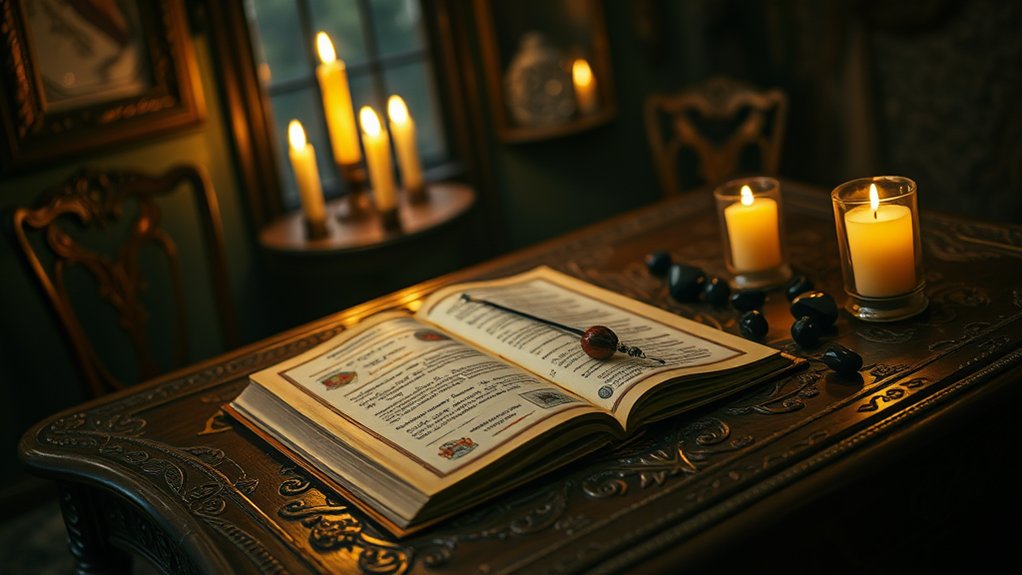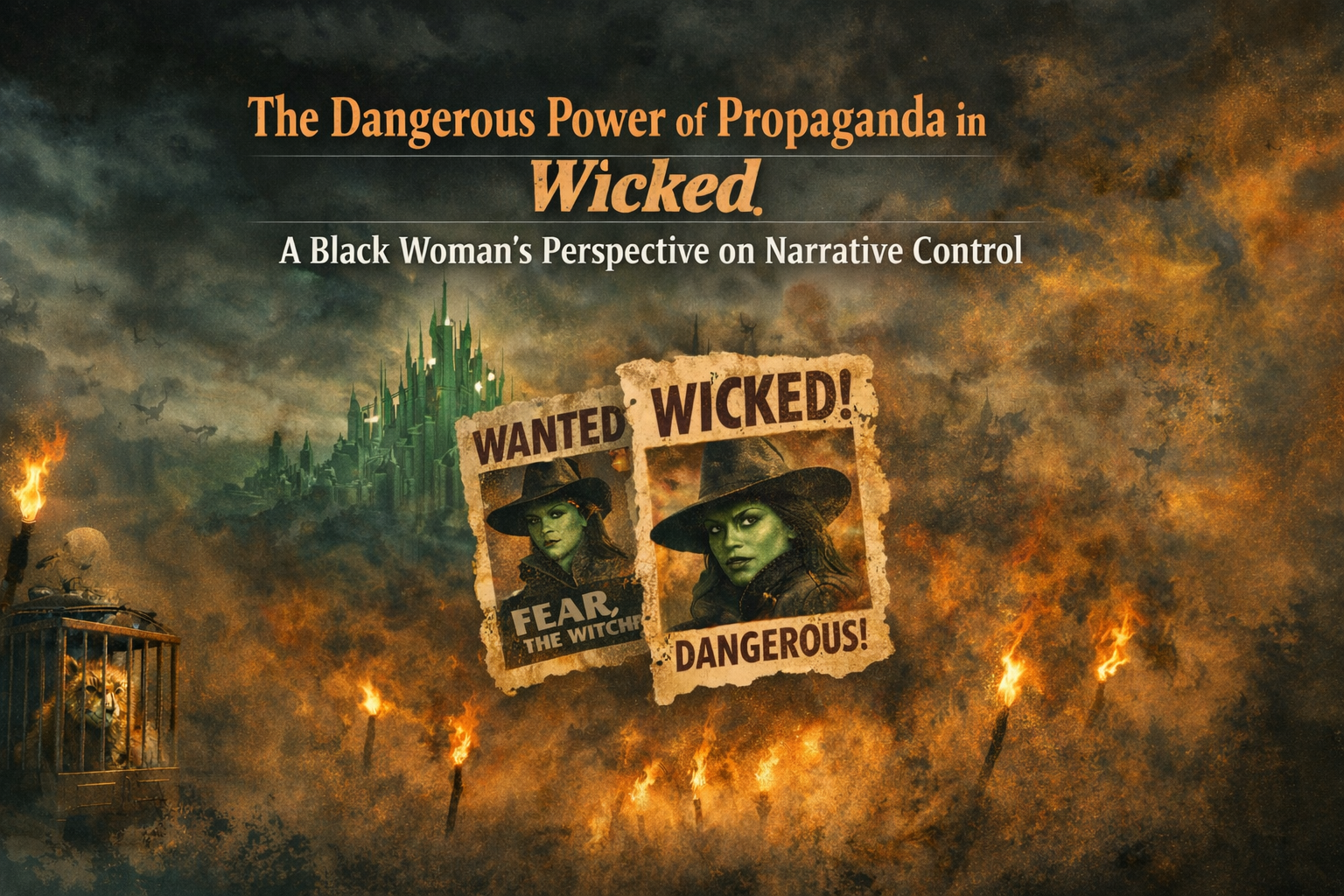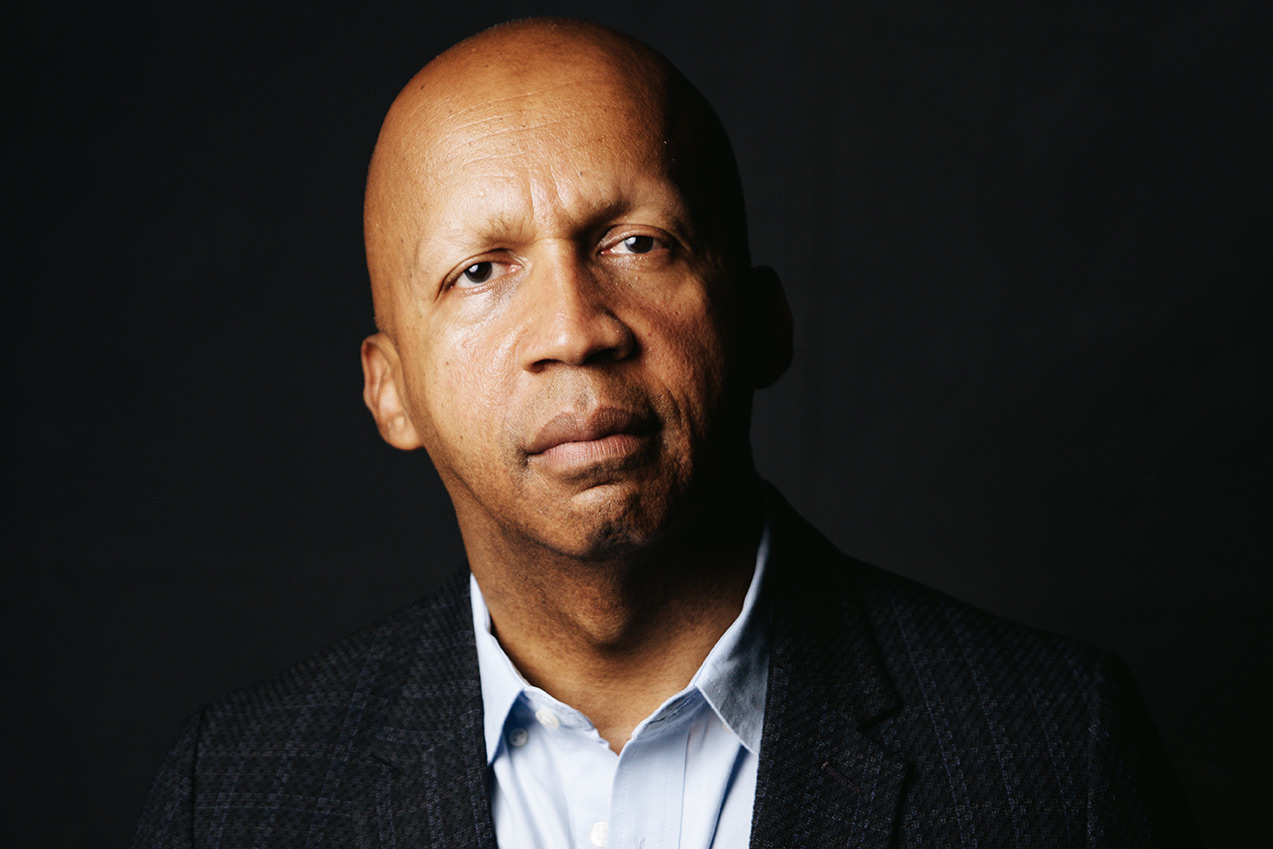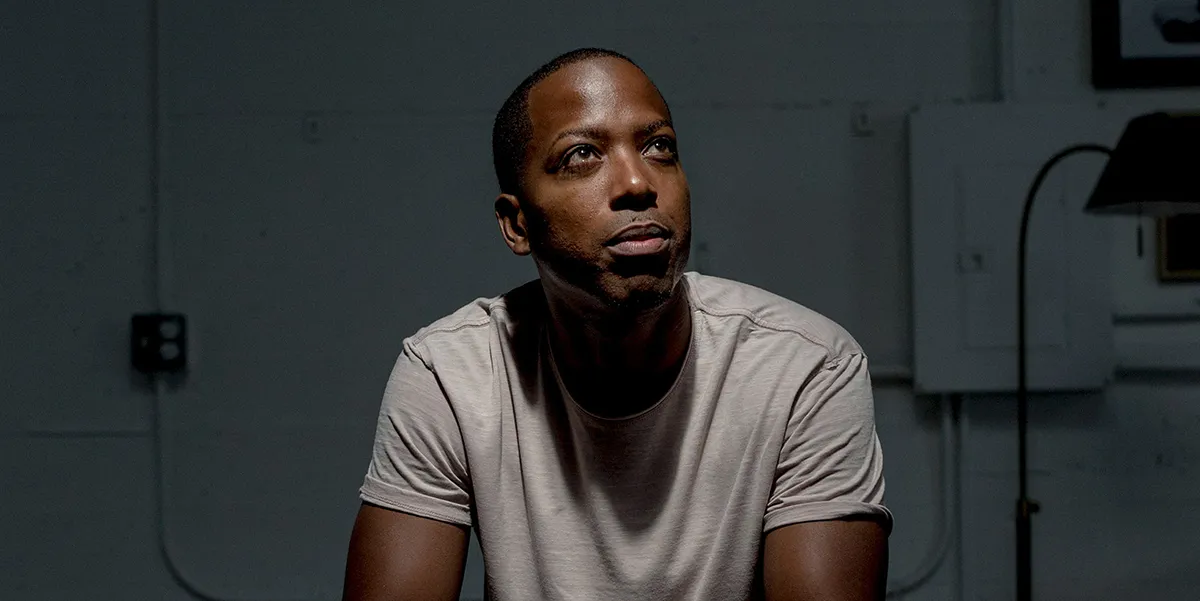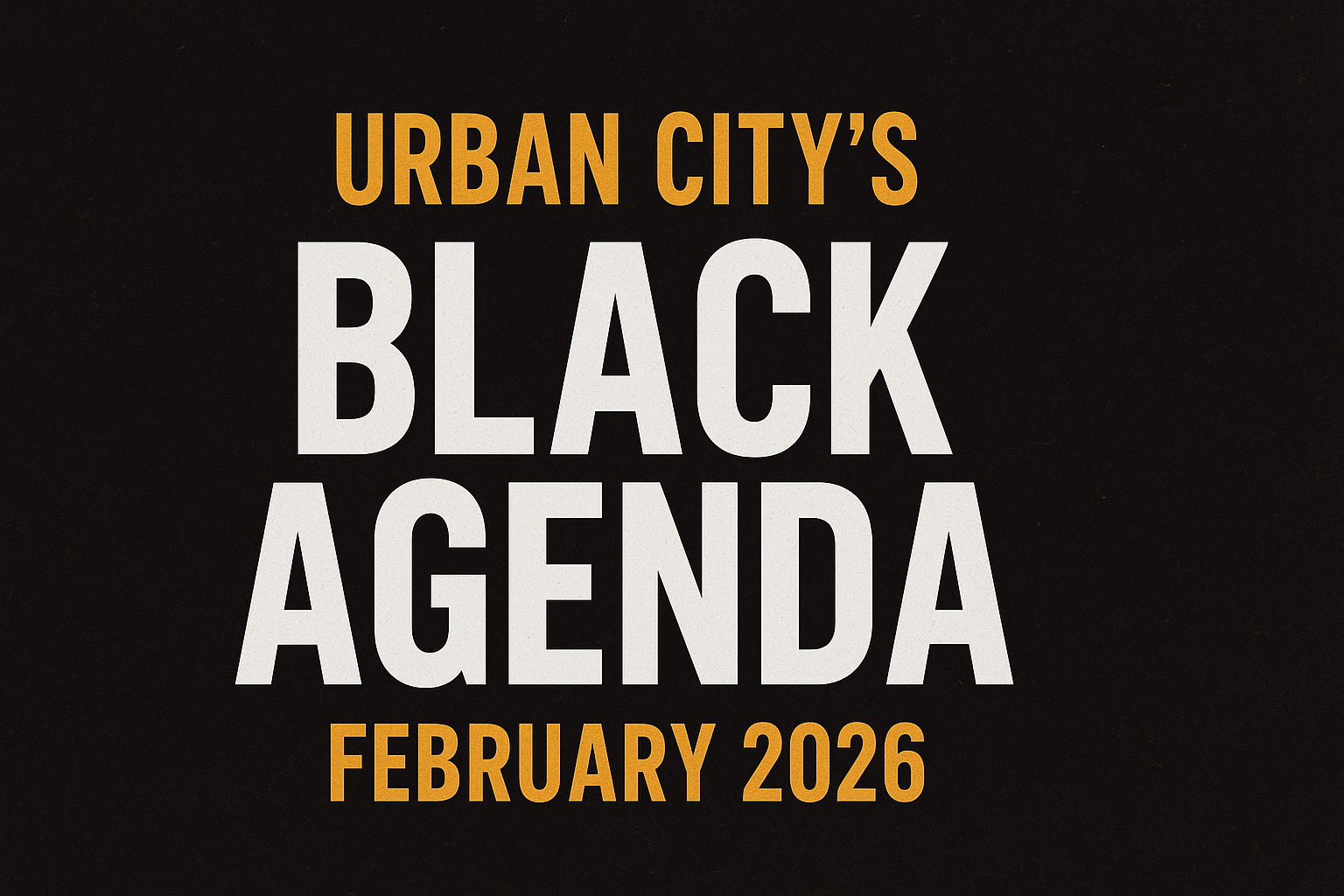Key Takeaways:
- Occult practices are experiencing a resurgence in modern times, prompting curiosity about their implications for individuals and communities.
- Mysticism focuses on introspection, personal growth, and deep emotional experiences, whereas superstitions are based on unproven beliefs.
- These practices can significantly shape cultural norms and even influence political landscapes.
Exploring the Resurgence of Occult Practices
People are buzzing about occult practices making a comeback today. You’re probably curious about what this means for you and your community.
Does engaging in these practices mean you’re searching for enlightenment, or are you merely chasing superstitions?
Welcoming introspection, mysticism taps into personal growth and profound emotions, while superstitions lean on beliefs without proof.
These can shape your culture and even influence politics. Ready to explore the impact and truth behind these age-old practices?
The Allure of Modern Occultism
It’s fascinating how the allure of modern occultism is wrapping itself around our culture today. You’re seeing more occult aesthetics in fashion and art, adding a mysterious flair to everyday life.
As millennials increasingly engage in practices like meditation, witchcraft, tarot, and goddess worship, the visibility in various media expressions becomes even more pronounced.
This trend isn’t just about looks; it’s a form of counterculture identity, especially for those wanting to step away from traditional ways.
Occultism’s rise gives you a fresh path to explore personal spirituality and wellness, blending seamlessly into mainstream culture without losing its unique charm. Engaging in these practices can be a way to embrace authentic emotional experiences that are often sidelined by toxic positivity, enabling genuine self-discovery.
As you traverse through media and entertainment, you’ll notice occult themes popping up everywhere—from TV shows to decorative items. This magnetic pull reflects a desire for empowerment and individuality, offering a new narrative for millennials searching for a different connection to the world.
The pursuit of non-attachment and inner peace within modern occult practices encourages a more profound, personal development journey, echoing elements of traditional spirituality.
Distinguishing Mysticism and Superstition
When you step into the domain of mystical beliefs and superstitions, you’ll find that each offers its own flavor of spiritual experiences.
Mystical experiences focus on achieving a deeper understanding and connection with the divine, often through personal transformation and introspection. They’re subjective, inviting you to explore and grow spiritually.
On the flip side, superstitious beliefs lean on cause-and-effect patterns, often lacking rationality and empirical evidence. These beliefs might seem irrational, but they offer an immediate sense of protection or control during uncertain times.
While mysticism reaches for enlightenment and a culturally revered status, superstition can unite communities through shared rituals and beliefs.
The Cultural and Political Impact of Occult Practices
Exploring the mystical domain leads us to the fascinating interplay between occult practices and society, reflecting humanity’s diverse beliefs and behaviors.
You frequently see cultural stigma affecting those drawn to the occult, driven by media portrayals that spark both fear and curiosity. Yet, amidst this cultural mix-up, political empowerment can emerge.
In diverse societies, occultism challenges conventional standards, offering a unique lens on reality. This challenge sometimes intertwines with political discourse, sparking shifts in societal values and ideologies.
Vocal occult philosophies critique established power structures, channeling empowerment for those seeking alternative paths.
Online communities provide a sense of belonging, where like-minded individuals connect, share, and learn, strengthening collective identity and encouraging a strong community spirit that thrives despite challenges.
Embracing Mysticism and Superstition
Imagine mysticism as a lighthouse, illuminating your journey toward self-discovery and growth, while superstition stands like an ancient tree, deeply rooted in age-old stories and beliefs.
Both offer a sense of community and shared rituals, yet it’s mysticism that truly illuminates the path to personal enlightenment. Understanding the differences between these two can empower you to appreciate their distinct roles in today’s culture and society.
By embracing modern occultism, you’re not just continuing traditions, but you’re also sparking valuable conversations that can propel your community toward growth and understanding.
So, why not take the first step?
Explore these realms and see how they can enrich your life and the lives of those around you.

